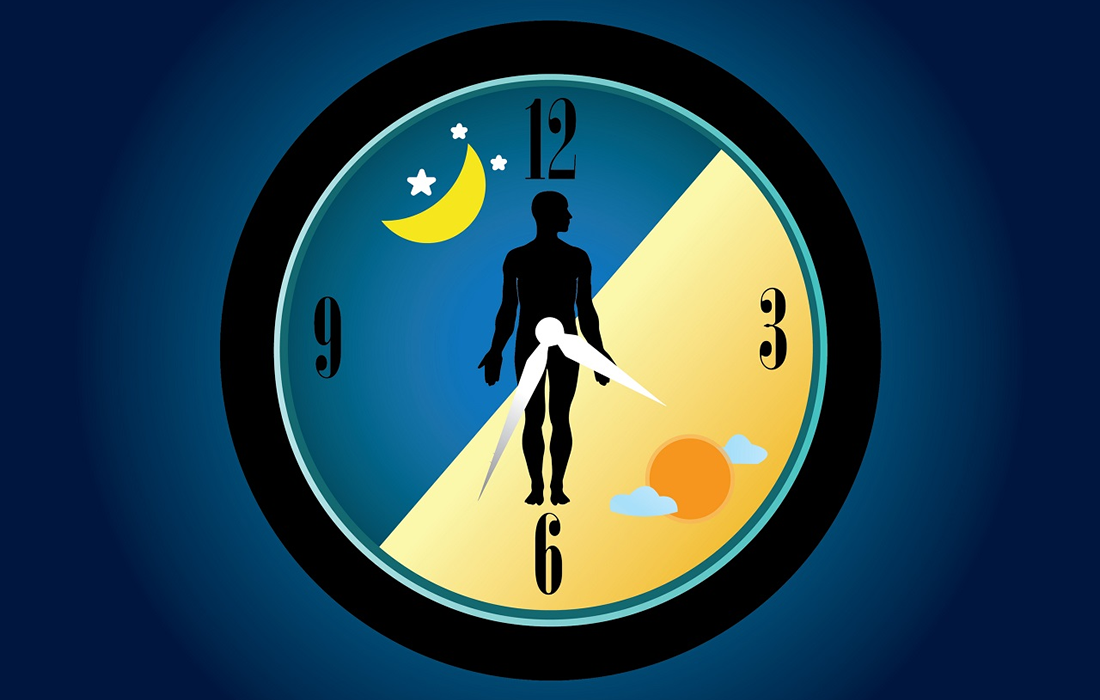Regenerative Medicine News and General Information
Alcohol Consumption Affected by Circadian Rhythm
Alcohol use disorder, which includes alcoholism, is a pattern of alcohol use that involves problems controlling your drinking, being preoccupied with alcohol, continuing to use alcohol even when it causes problems, having to drink more to get the same effect, or having withdrawal symptoms when you rapidly decrease or stop drinking.
Unhealthy alcohol use includes any alcohol use that puts your health or safety at risk or causes other alcohol-related problems. It also includes binge drinking — a pattern of drinking where a male consumes five or more drinks within two hours or a female downs at least four drinks within two hours. Binge drinking causes significant health and safety risks.
Worldwide, 3 million deaths every year result from harmful use of alcohol, this represents 5.3 % of all deaths. The harmful use of alcohol is a causal factor in more than 200 disease and injury conditions.
Alcohol consumption causes death and disability relatively early in life. In the age group 20–39 years approximately 13.5 % of the total deaths are alcohol-attributable.
New Study Results
Alcohol consumption has been strongly associated with circadian clock gene expression in mammals. Analysis of clock genes revealed a potential role of Bmal1 in the control of alcohol drinking behavior.
In a new study published in the journal Communications Biology, researchers found that the presence of Bmal1 gene in the striatum affects alcohol consumption in both male and female mice, but in a sexually dimorphic maner, meaning that male mice without the protein consumed more alcohol than those that had it, while female mice without the protein consumed less than females with it.
The researchers created 2 lines of mice, using molecular methods to delete or “knock out” the Bmal1 gene from the striatum’s medium spiny neurons in one of them, while the other line was used as a control.
The researchers concluded that Bmal1 in females confers risk, since they consume more alcohol when the gene is present, and in males the gene is protective, as they drink less alcohol. They believe that the discovery can help in treating addiction in humans, by developing sex-based treatments.
Sources:
Patrick Lejtenyi. (2022, Jan 11). Alcohol consumption is affected by a protein linked to the circadian rhythm, new Concordia research finds. Concordia. Retrieved from:
https://www.concordia.ca/news/stories/2022/01/alcohol-consumption-is-affected-by-a-protein-linked-to-the-circadian-rhythm-new-concordia-research-finds.html
de Zavalia, N., Schoettner, K., Goldsmith, J.A. et al. Bmal1 in the striatum influences alcohol intake in a sexually dimorphic manner. Commun Biol 4, 1227 (2021). https://doi.org/10.1038/s42003-021-02715-9
https://www.mayoclinic.org/diseases-conditions/alcohol-use-disorder/symptoms-causes/syc-20369243
https://www.who.int/news-room/fact-sheets/detail/alcohol
Image from:
https://goqii.com/blog/how-the-circadian-rhythm-affects-your-health/

